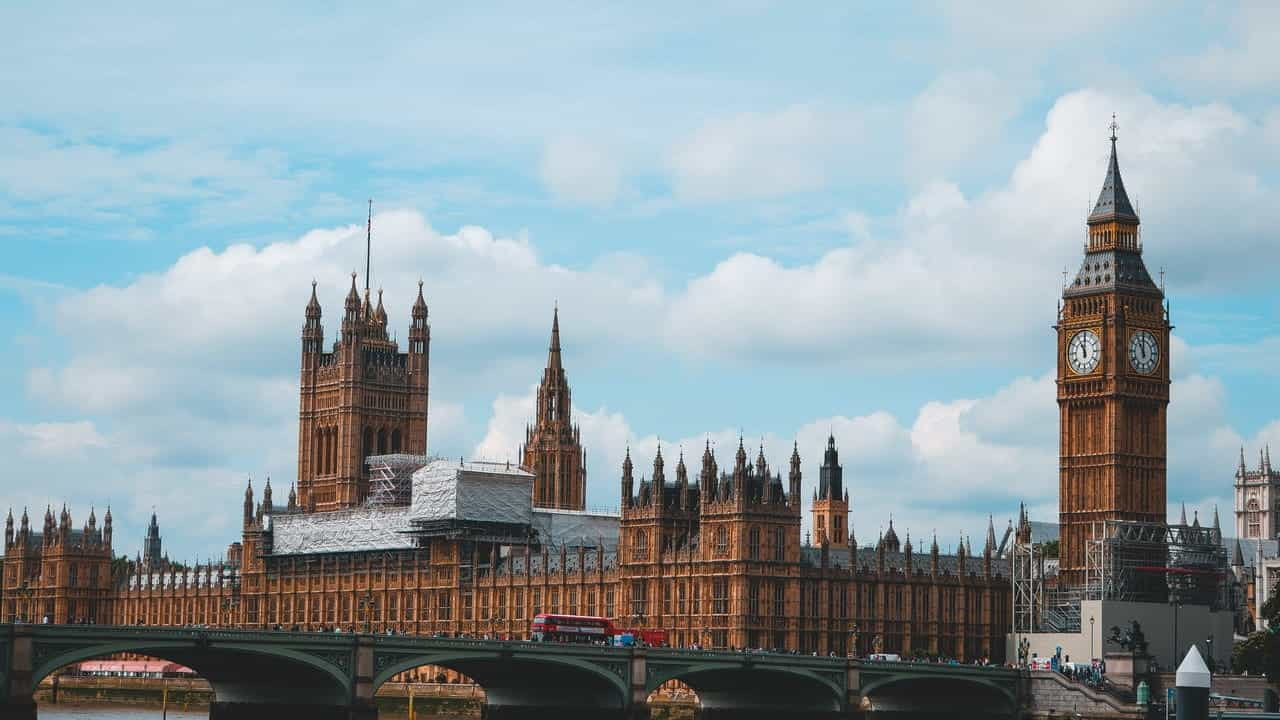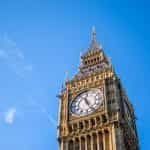BGC Backs Economic Recovery Plan
The UK’s Betting and Gaming Council has pledged to back the government’s economic recovery plan, provided its Gambling Act Review does not put the industry at risk. In a statement, the leader of the BGC said that members would contribute through investment, jobs and tax revenues. However, he warned that this support could be threatened by new rules that could reduce the size of the regulated industry in the UK.

Chancellor Rishi Sunak is due to make his Spring Statement in the coming days.
©Georg/Pexels
New Gambling Laws
The Betting and Gaming Council has vowed to back the chancellor’s economic recovery plan with investment, jobs and tax revenues, as long as the government does not undermine the industry in its Gambling Act Review. Issuing a statement, the BGC claimed that “well-meaning but naïve changes” to regulations could have a negative impact on the UK’s industry.
Launched at the end of 2020, the Gambling Act Review aims to bring the UK’s gambling legislation up to date. Campaigners have long called for changes to reign in the industry, which some view as out of control. Campaigns like The Big Step want to see fewer gambling ads in football, while Gambling With Lives aims to raise awareness of gambling harms.
The Gambling Act has remained largely unchanged since it was introduced in 2005, and has been described as an “analogue law in a digital age”. The gambling sector has undergone massive growth, thanks to digital innovations. More than 2,400 gambling firms operate in the UK, with many overlapping across more than one sector.
Online gambling is now the largest gambling niche in the UK. According to recently published figures, remote betting, bingo and casinos generated £6.9 billion GGY in the year to March 2020. Online casinos dominate the sector, generating £4 billion. Of that yield, £2.9 billion came from online slot games.
The Gambling Act Review will lead to the publication of a white paper, detailing new and updated gambling legislation. Ministers are focused on making gambling safer and fairer, combatting harms and reducing crime. Some big changes that have been projected could include a ban on gambling firms sponsoring football shirts, curbs on online casino VIP schemes and stricter advertising rules.
According to BGC boss Michael Dugher, such changes could have unforeseen consequences for its members. The BGC represents more than 90% of the UK’s online operators, high-street bookmakers and casinos. Its mission is to drive up standards above regulatory requirements, with members signing up to a strict code of conduct.
Creating Jobs
Speaking ahead of the government’s Spring Statement, Dugher stated that the regulated betting and gaming industry is committed to helping chancellor Rishi Sunak to boost public finances, which have been impacted by the coronavirus pandemic. This would free up the Treasury to do more to address the rising cost of living.
A study carried out by EY for the BGC determined that its members contributed £7.7 billion gross value added to the UK economy in 2019. On top of that, members generated £4.5 billion in tax and supported 119,000 jobs. It is understood that around 30,000 of those jobs are in the realm of digital technologies. Last year the industry helped more than 50,000 of its employees to undergo digital skills training.
BGC members have also pledged to create 5,000 apprenticeships through its support for the Government’s Plan For Jobs. Many operators have signed up to the government’s Kick Start scheme, which offers job opportunities for 16–24-year-olds on Universal Credit. Others have rolled out their own graduate recruitment schemes, to help recruit young talent straight out of university.
Some of the world’s largest betting and gaming operators are based in the UK and are intent on investing in the future. London Stock Exchange and FTSE 100 Index listed operator Entain recently unveiled plans to launch a global innovations hub in London. Ennovate will direct up to £100 million into innovation projects, start-up investments and partner collaborations.
Another leading operator, Flutter Entertainment, has already opened its £15 million technology and innovation hub in Leeds. Bet365, which is based in Stoke, has generated hundreds of jobs in the north west of England, including at a new tech center in Manchester. Smaller high-street betting shops and casinos are now up and running after lockdown closures, and are contributing to the economy.
Black Market Rise
As well as benefitting the wider economy, the regulated betting and gaming industry provides vital funding for the sports sector. During the pandemic, BGC members supported horse racing with £350 million, while the English Football League received £40 million. Dugher is concerned that the gambling white paper could harm the significant economic contributions that the gambling sector makes.
He has warned that regulatory changes could unwittingly benefit the black market, rather than make gambling safer. While campaigners might prefer a smaller regulated industry, this would reduce contributions to the economy and the Exchequer. He added that it is vital that the market be allowed to remain competitive and that restrictions are not too intrusive. According to Dugher:
“The growth of the unsafe, unregulated black market in online gambling is part of a global trend and it’s foolish to think that there’s an enforcement solution to this. The DCMS simply throwing more money and a few extra powers at the Gambling Commission won’t fix this for the Government.”
A recent study by PwC discovered that the use of unregulated gambling sites in the UK is on the rise. More than 460,000 people use illegal sites, collectively staking billions of pounds. This trend is not unique to the UK. In Europe, stricter regulations have seen similar spikes in black market gambling. In Norway a state monopoly on gaming combined with strong restrictions has led to the black market taking more than 66% of all money staked.
In Italy, betting and gaming ads are banned outright. The black market there accounts for 23% of all money staked. Black market gambling sites do not offer safer gambling tools that protect consumers from harm. Nor do they contribute to the UK’s economy through tax, investment and jobs.



